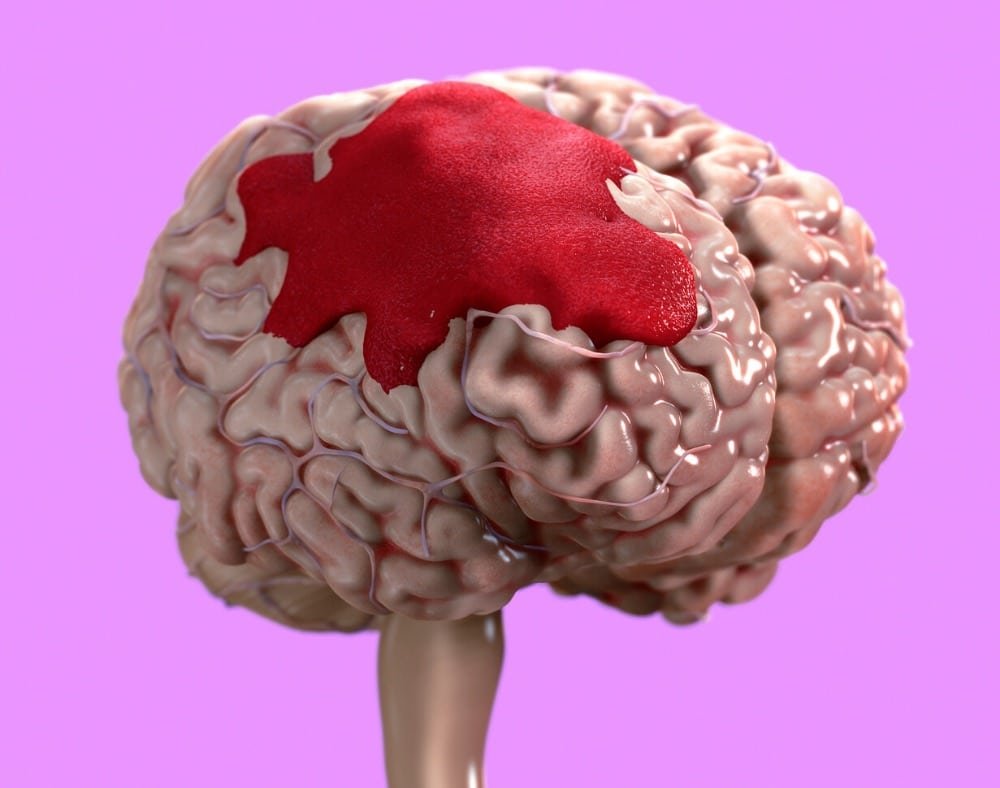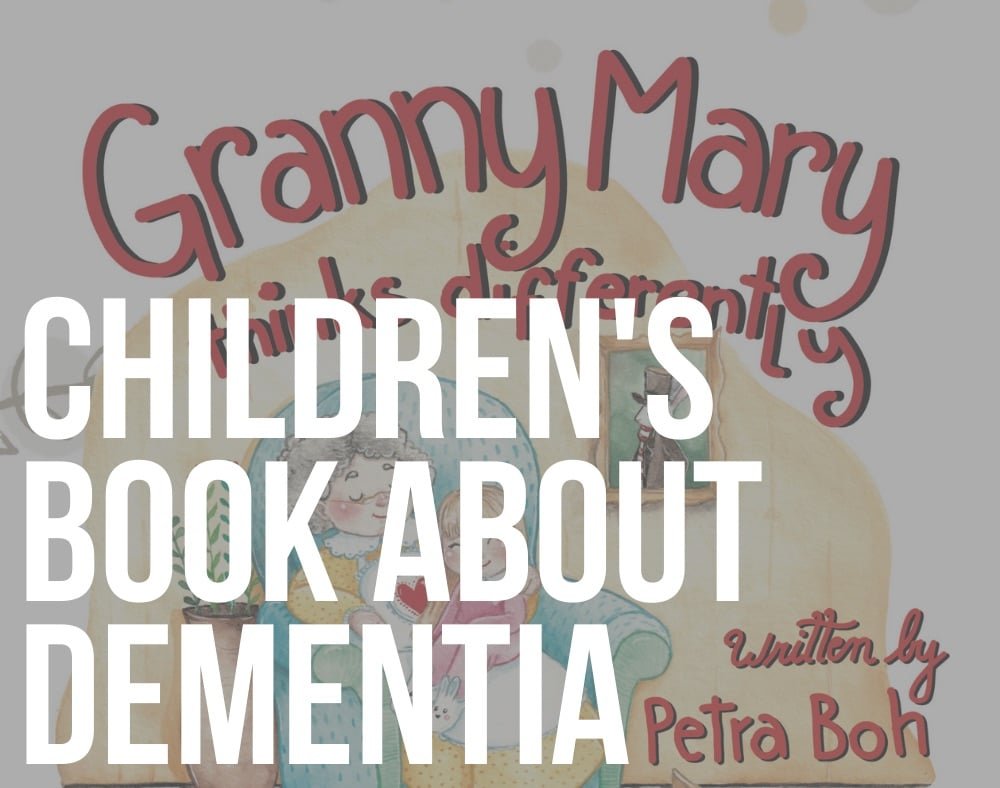There is a pertinent question that everyone especially the elderly should know the answer to and that is: what conditions can be mistaken for dementia?
This is because sometimes, a person can be scared that they are developing dementia because of the symptoms they have pointed to the onset of the illness.
However, when they go to the doctors for a diagnosis, it turns out that they do not have dementia, but another medical condition.
This is the primary reason why it is important to avoid self-diagnosis and always consult a doctor when you have dementia warning signs.
At times, a person may even have to seek a second and a third opinion.
Unfortunately, sometimes, it is the doctor who will give a misdiagnosis based on the symptoms that a person has.
There is a long list of curable or partially reversible medical conditions that share symptoms with dementia.
Here are some of the most common ones.
Contents
Conditions That Mimic dementia
Lung and Heart Disorders

Disorders of the heart and lungs are some of the top answers available for anyone who asks what conditions can be mistaken for dementia.
This is mainly because the two organs provide nutrients and oxygen to the brain; hence, they are essential for normal functioning.
As people age, they may develop vascular diseases that interrupt cardiac output. Others can get lung diseases that affect oxygen delivery to the brain.
When this happens the affected person may have issues with executive function, memory, and alertness which can fool people into thinking that it is dementia.
UTI’s (Urinary Tract Infections)

Some seniors may experience sudden outbursts of confusion. In some cases, this may be a result of UTI.
Urinary tract infections occur when germs get into the urethra and make their way to the kidneys and bladder.
This often makes a person experience fever, painful urination, or abdominal pain.
Alongside these symptoms, elderly persons may also experience symptoms like withdrawal, mood swings, and agitation.
While UTIs and dementia may have similar symptoms, it does not automatically mean that an older person who has UTI has dementia.
Worth noting is that a majority of UTIs are treatable with rest, a lot of fluid, antibiotics, and a healthy diet.
NPH (Normal Pressure Hydrocephalus)

Another answer to the query, what conditions can be mistaken for dementia, is normal pressure hydrocephalus or NPH.
Many persons who have dementia will go through times when they experience memory slips or they cannot complete day to day chores.
An individual who has NPH will showcase similar symptoms.
Normal pressure hydrocephalus is a brain disorder that develops when there is excess cerebrospinal fluid in the brain’s ventricle.
This causes problems like urinary incontinence, lack of concentration, and challenges with thinking.
Anyone who has such symptoms is advised to see a neurologist who will diagnose the conditions.
Experts state that with early and timely treatment, individuals with NPH can regain their independence.
Sensory Limitations

Sensory issues like having problems with hearing and seeing can also create a picture where a person experiences worsening cognitive impairment.
Many people who cannot hear or see clearly prefer to stay on their own because they feel like other people do not understand what they are going through.
If this happens and a person is older, their loved ones might assume that they have dementia.
Depression

Before going in for a professional diagnosis, it is easy to conclude that a person has dementia when they are suffering from depression.
The two conditions have comparable symptoms like isolation, detachment, and declining interest in the things an individual loves.
With depression, however, it is possible to reverse the condition through regular exercise, medication, stress-reduction techniques like prayer, yoga, and medication, as well as cognitive therapy.
Delirium
Delirium happens when there is a sudden change in the brain that causes emotional disruption and mental confusion. It makes it hard to pay attention, think, sleep, remember, and many more.
This is another condition that can lead to dementia misdiagnosis.
Just like with many conditions that mimic dementia, delirium can be reversed as soon as doctors identify the cause of the condition.
Some Cancers

Some kinds of cancer cause a person to experience behavioral and cognitive changes the same way dementia leads to such changes.
This can happen when there are local effects of a tumor.
For instance, the tumor may be compressing or invading a brain tissue or it can harm the immune system by producing antibodies that fight the brain.
Subdural Hematoma

When a person has subdural hematoma, it means that there is abnormal bleeding which results in a build-up of blood around the tissue that surrounds the brain.
This is usually a result of a head injury.
When the pressure goes on for long it can make a person develop dementia-like symptoms such as confusion, apathy, and behavioral changes.
This makes it one of the answers to what conditions can be mistaken for dementia.
Unlike dementia, however, subdural hematoma is treatable.
The hematoma can disappear on its own when it is not severe. Some people with hematoma may have to go through surgery to get rid of it.
Confusion

When an individual starts to have a hard time recognizing where they are or the time of the day, others will assume that he or she is in their first stages of dementia.
It mostly happens when they become agitated or anxious about their current situation.
At times, the confusion symptoms may come from different situations like dehydration, hunger, chest, or urinary infection.
Closing Remarks
Nowadays, dementia-like warning signs such as stress, fatigue, memory lapses, and many others are becoming more common.
When you start to showcase such, it is easy to think of the worst.
Thankfully, it is not all the time that you will get a positive dementia diagnosis from your doctor.
Above, we have listed a majority of the answers you will get when asking what conditions can be mistaken for dementia.
You will notice that many can be treated; thus, you will not be dealing with them for a lifetime.







